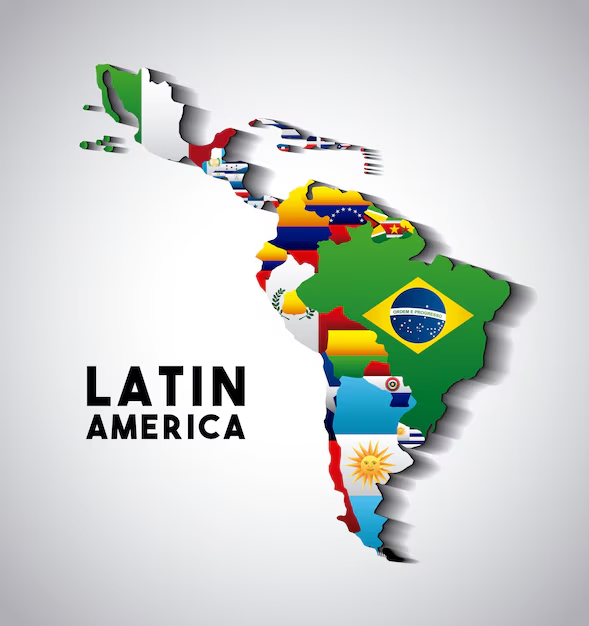Overcoming South America's Digital Divide: A Collaborative Path to Inclusive Connectivity
South America, a continent rich in culture and brimming with potential, faces a significant hurdle: bridging the digital divide. While technology fuels global progress, unequal access to digital resources significantly hampers socioeconomic development across vast swathes of the region. This article delves into the critical challenges impacting Science, Technology, and Innovation (STI) in South America, underscoring the urgent need for robust regional and international collaboration to foster true digital inclusion.
The stark reality of unequal access and connectivity remains a persistent divide. While urban areas often enjoy robust digital infrastructure, remote and rural communities lag considerably, creating a significant digital chasm that restricts progress and economic opportunity. Many areas lack reliable internet access, limiting individuals' access to crucial information, educational resources, and economic participation. Businesses, too, are hampered, struggling to utilize e-commerce and digital marketing strategies due to these connectivity limitations. This inequity fuels existing societal disparities and hinders overall development.
Economic and educational barriers significantly impede digital inclusion. The high cost of internet services and digital devices presents a substantial barrier for a large segment of the South American population. Affordability is paramount to achieving meaningful digital inclusion. Furthermore, a critical skills gap persists, hindering individuals' ability to effectively utilize technology. The availability of quality education and training in technology-related fields remains insufficient in many regions, compounding the challenge.
Adding to the complexity, South America's linguistic diversity creates further obstacles. Language barriers limit access to digital content and resources for those lacking proficiency in dominant languages like Spanish and Portuguese. Addressing this requires a concerted effort to develop and distribute multilingual digital content and resources. Concurrently, substantial investment in infrastructure development is crucial to enhance connectivity across the continent. This necessitates a strong collaborative effort between governments and the private sector, leveraging both public and private resources strategically.
Strategies for bridging this digital gap require a multifaceted approach. Public-private partnerships are essential to effectively leverage resources and expertise. Establishing regional innovation hubs can foster collaboration, knowledge sharing, and entrepreneurial growth, creating focal points for technological advancements and nurturing local talent. Mobile technology, with its expanding reach, offers a crucial pathway to connect remote areas and significantly broaden digital inclusion. Comprehensive digital literacy programs are also essential, empowering individuals to confidently navigate the digital world and fully utilize its opportunities.
Fostering collaboration and innovation is paramount to accelerating progress. International cooperation and knowledge exchange are indispensable. Learning from successful initiatives in other regions can provide invaluable insights and accelerate South America's journey towards digital inclusion. A thriving start-up ecosystem, nurtured by supportive government policies and strategic funding, can drive innovation and create numerous opportunities. Cross-border collaboration within South America, and with international partners such as those in North America, is also critical, fostering a sense of unity and shared purpose in tackling these common challenges.
Governments hold a pivotal role in driving digital inclusion. They must implement supportive policies, provide incentives for technological advancements, and invest strategically in infrastructure development. Tax breaks for technology companies and subsidies for internet access can significantly contribute to expanding access. Ultimately, however, digital inclusion starts with empowering individuals. Equipping them with the necessary skills and opportunities to thrive in the digital age is of paramount importance. This includes not only technical skills but also the critical thinking and problem-solving skills needed to navigate the complexities of the digital world.
In conclusion, digital inclusion and connectivity are not merely technological goals; they are fundamental to South America's economic growth, social development, and global competitiveness. By addressing the multifaceted challenges outlined above through a collaborative and innovative approach, South America can effectively bridge the digital divide. This will create a more equitable and prosperous future for all its citizens. A shared vision and commitment to action are crucial. Let's work together to ensure that everyone in South America has the equal opportunity to participate and thrive in the digital world. We encourage dialogue and the sharing of ideas on how to build a more digitally inclusive South America.






No comments yet. Be the first to share your thoughts!